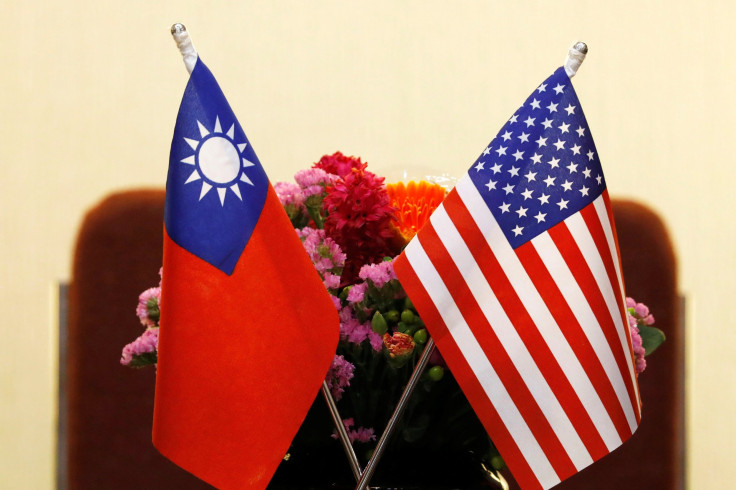US - China Relations: Amid Tensions, US Approves Potential Arms Sale To Taiwan

The U.S. State Department has approved possible arms sales of $2.2 billion to Taiwan, drawing condemnation from China.
The arms deal would include M1A2T Abrams Tanks, Stinger missiles and other military equipment. Taiwanese President Tsai Ing-Wen requested the weaponry from Washington, saying in March that it would "greatly enhance our land and air capabilities, strengthen military morale, and show the world the U.S. commitment to Taiwan's defense."
Chinese Foreign Ministry Spokesman Geng Shuang said Tuesday that the deal is a "crude interference in China's internal affairs, harming China's sovereignty and security interests."
The U.S. has been selling arms to Taiwan since 1979, after Congress passed the Taiwan Relations Act which states it "will make available to Taiwan such defense articles and defense services in such quantity as may be necessary to enable Taiwan to maintain a sufficient self-defense capability."
The numbers of previous U.S. arms sales to Taiwan have varied greatly. In 2009, for example, the U.S. agreed to $3.17 billion in sales to Taiwan, while in 2005 the two countries had an arms agreement worth $244,000.
Taiwan, located off the southern coast of China, has been governed independently from mainland China since 1949. Chinese authorities believe that Taiwan, which has a population of 23 million, and China are together as one country, an idea known as "one country two systems."
Taiwanese leaders such as Tsai have rejected this concept and have hinted at complete independence from the mainland, which China vehemently opposes.
The deal comes as U.S.-China relations are already tense due to an ongoing trade war. Earlier this year, President Donald Trump raised tariffs from 10% to 25% on $200 billion of Chinese imports, with China retaliating by slapping its own tariffs on American goods.
Trump in June met with Chinese President Xi Jinping at the G20 summit, where they agreed to not implement any more tariffs on each other goods.
Tensions with China have shifted the relationship between the U.S. and Taiwan. The U.S. has sought to provide Taiwan with more arms but also has bolstered their diplomatic relationship with a new de facto American embassy in Taiwan's capital, Taipei.
Weeks after the 2016 presidential election, Trump caused a stir between the U.S. and China when he spoke to Tsai on the telephone — the first time leaders from the two countries had talked since their relationship was severed in 1979 at China's behest.
© Copyright IBTimes 2025. All rights reserved.





















